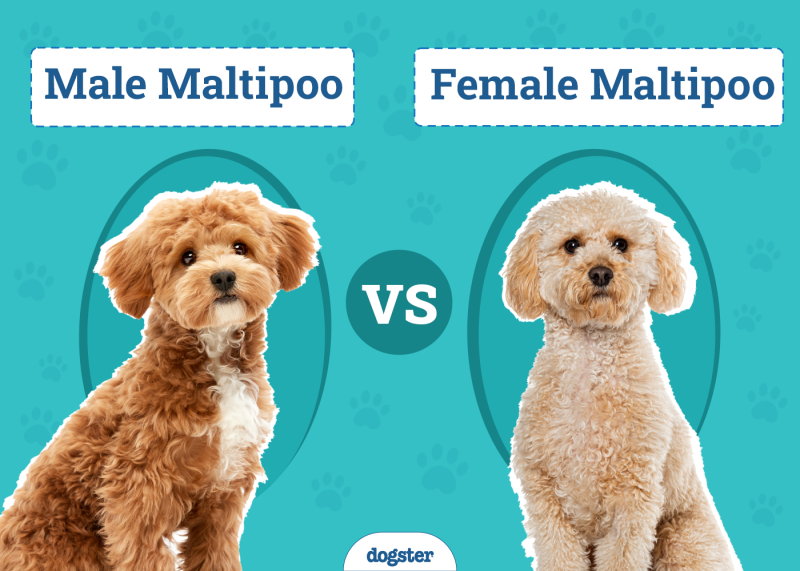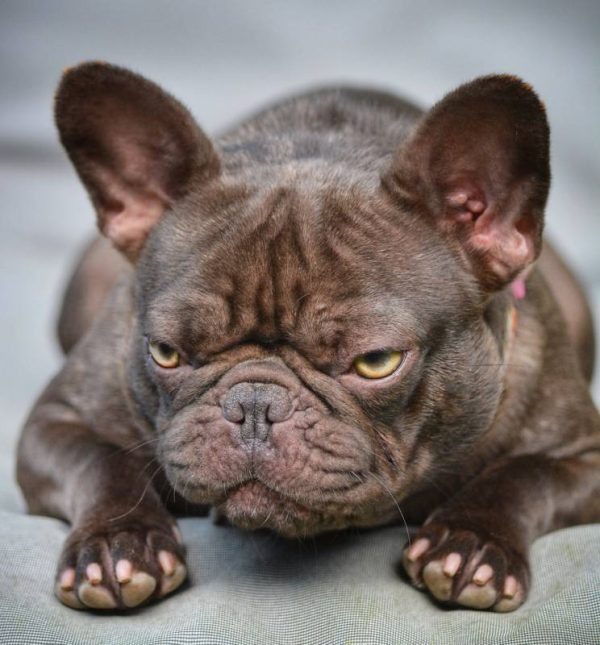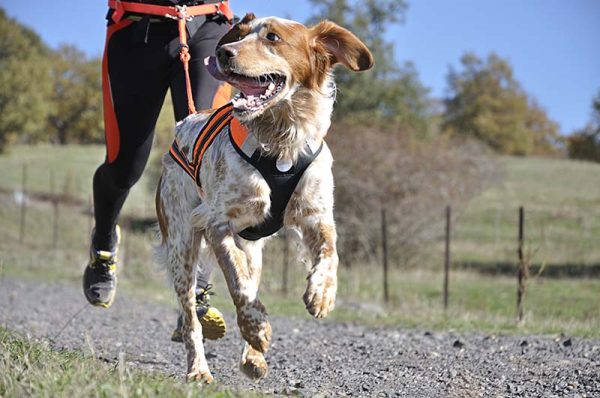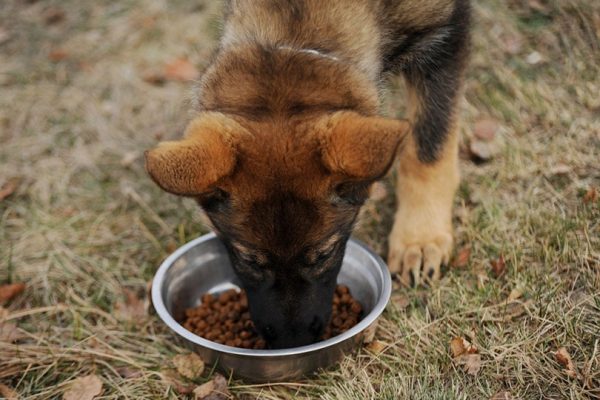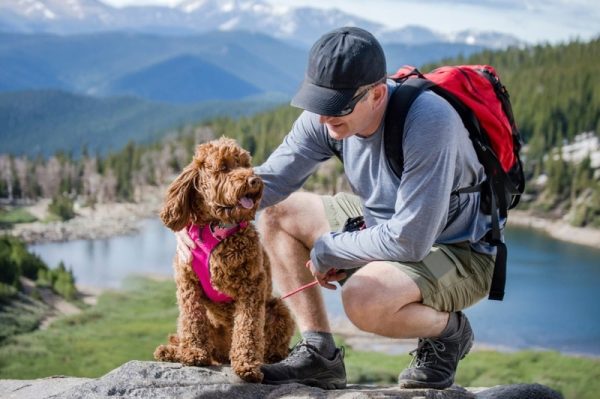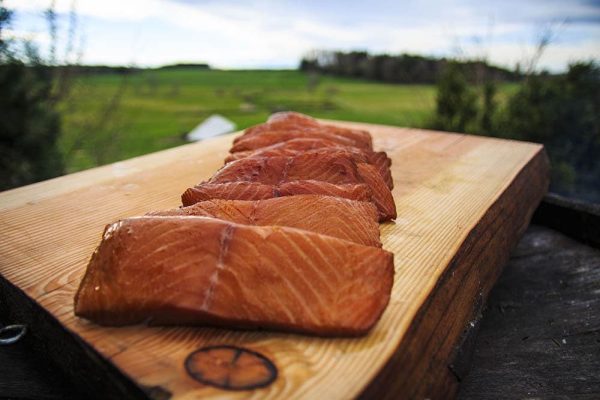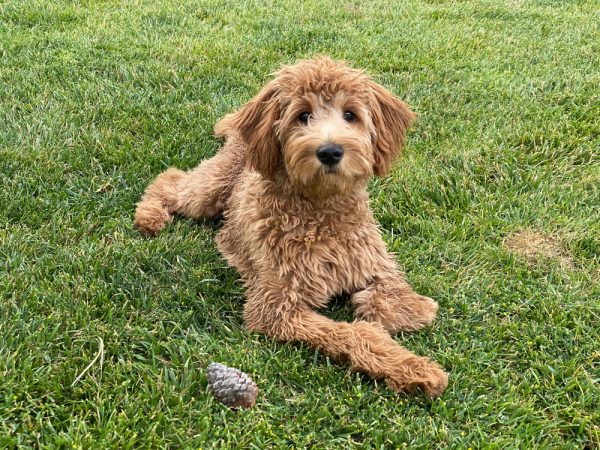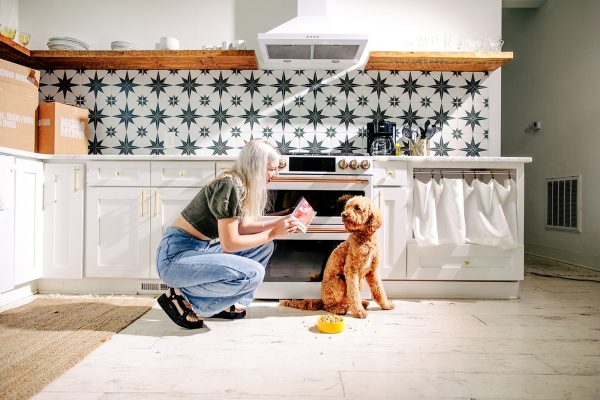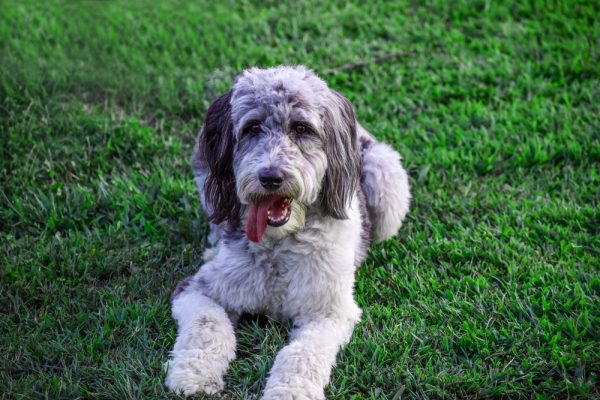In this article
View 8 More +Many people don’t know much about the Borzoi. They are not very popular, ranking just 101st overall by the American Kennel Club (out of 201 possible breeds). The Borzoi is an elegant, statuesque, and somewhat mysterious dog with a great appearance and an interesting personality profile. These dogs can make great companions for people who like large dogs and can also fill a need for people looking for a beautiful and slender canine. Here is everything you need to know about the interesting and unique Borzoi.
Breed Overview
Height:
26–30 inches
Weight:
60–105 pounds
Lifespan:
9-14 years
Colors:
Sable, Gold, Red, Brindle, Blue, Fawn, Mahogany, White, Black, Tan, Cream (and any combination thereof)
Suitable for:
People looking for a beautiful dog with a rich pedigree who aren’t afraid to put in some work
Temperament:
Calm and agreeable but can be stubborn and protective
The Borzoi is a purebred hunting dog that is considered to be a large breed. The largest Borzoi dogs can weigh over 100 pounds and stand over 30 inches tall. Borzois were originally bred in Russia to hunt wolves, so they are very tough, yet they can also be sweet, caring, and loving. The Borzoi is known for its slender body and long curly hair. This is one of the few large breed dogs with a long and luxurious coat. Borzois have a fascinating history that weaves a tale that connects the Russian aristocracy, the Romanov family, and the Russian Revolution.
Borzoi Characteristics

Borzoi Puppies

The best way to get a Borzoi puppy is to contact a registered breeder. Borzois are not very common, nor are they particularly popular. That means that the chances of stumbling upon a Borzoi in a local shelter or in a rescue group are very low. If you want a Borzoi puppy, you are going to have to go through a breeder. It is recommended to use a registered breeder as they have a good reputation and will screen for genetic and congenital health issues. Since Borzoi health issues are almost all genetic, a registered breeder is very valuable in heading off any potential problems down the line.
Temperament & Intelligence of the Borzoi 🧠
The American Kennel Club describes the Borzoi as loyal, affectionate, and regal. These dogs can be very loving and very chill. However, they also warn that they can be protective and stubborn. Their size can make them hard to handle if they get excited or anxious. Borzois have an average intelligence level, and they won’t wow you with their smarts, but they are intuitive, and they absolutely adore their owners.
Are These Dogs Good for Families? 👪
Yes. Borzois are great family dogs. However, some Borzois will not do great with small children. Their large size plus their background as a hunting dog can make them difficult to manage around small children. Small children do not have the spatial or social awareness that it takes to deal with large dogs, and kids have a chance to upset a Borzoi, which can lead to trouble. Families with older children should do fine with a Borzoi.
Borzois will need ample exercise and attention. They will also benefit from a house with a yard and some indoor space they can stretch out in. They might not fit in a small house or a house with a small or nonexistent yard.

Does This Breed Get Along With Other Pets? 🐶 😽
Usually. Borzois can get along with other pets, including other dogs, but that will not always be the case. Since Borzois are hunting dogs, some of them can have a strong prey drive, and they can be protective and watchful. That means that some Borzoi will chase other animals, like cats, and might not settle in as smoothly as some people would like. It is advised to try out a Borzoi with your pets before buying one to ensure that the dog will be a good fit for your family situation.

Things to Know When Owning a Borzoi
Food & Diet Requirements 🦴
You would think that since Borzois are large dogs, they would eat a lot, but that is not necessarily the case. Borzoi puppies eat a decent amount due to their high growth rate, but adults do not eat much more than the standard dog. You should consider putting your Borzoi on a joint health or joint supplement food. Since many health problems that Borzois can experience involve the health of their joints, a well-formulated joint food can help them as they age. The earlier you put your Borzoi on a joint health food, the better. Borzois are at a moderate risk for obesity, so you should not overfeed your dog. You should also avoid overfeeding because too much food paired with strenuous activity can increase the risk of bloat.
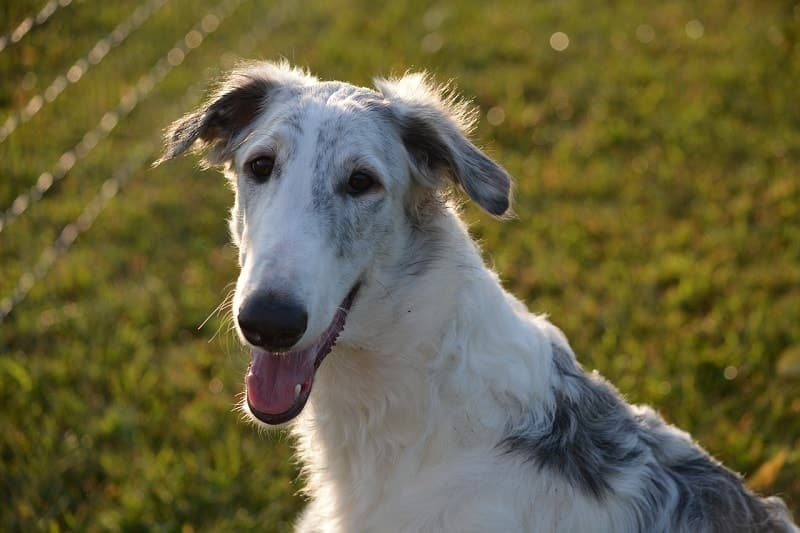
Exercise 🐕
Borzois are energetic dogs that require a lot of exercise and mental stimulation. You should walk your Borzoi at least twice per day, and each walk should last 30 minutes or more. If you do not give your Borzoi the proper amount of exercise, they can get anxious and occasionally destructive. You also need to provide your Borzoi with ample mental stimulation. Mental stimulation keeps Borzois from becoming mischievous. You can provide mental stimulation by letting your Borzoi spend time outdoors, as well as giving them toys that will keep their brains engaged. Borzois that do not get enough exercise and mental stimulation can become hard to handle, especially given their large size.
Training 🎾
Training is often necessary for a well-behaved Borzoi. Borzois can be willful and stubborn, which is a bad combination when you factor in their size. Experts recommend socializing your Borzoi from a young age for the best experience. You should put your Borzoi in a large number of situations and consistently reward good behavior while ignoring bad behavior. A poorly socialized Borzoi can be anxious, protective, and occasionally aggressive. Again, these are traits that you do not want to have in a dog that can weigh over 100 pounds.
Borzoi are not the smartest dogs in the world, but they can be trained in the ancient hunting arts. Borzoi are hunting dogs at heart, and you can train them to go out with you on the trail. They can still be used in a hunting capacity.

Grooming ✂️
The Borzoi has moderate to heavy grooming requirements. The Borzoi has a long coat which requires regular maintenance to keep them looking and feeling their best. You should brush your Borzoi once per day or every other day to remove any tangles, mats, or debris that might get into the fur. You will also want to bathe your Borzoi once per week. Borzois shed once per year, and during this shedding period your dog will let off a large amount of hair for two to three weeks. Borzois also need regular nail trims to keep their nails at a manageable and healthy length. If you are unable or unwilling to do these basic grooming activities, you should consider getting a smaller dog or a dog with a shorter coat. Neglecting the Borzoi’s grooming needs can lead to health problems and can cause your dog to look and feel bad.
Health and Conditions 🏥
Borzois are typically healthy dogs. The breed is free from many potential pitfalls, and responsible breeders are often able to screen and eliminate most problems from their stock. However, the Borzoi does suffer from issues that affect many large dogs. The most dangerous potential health issue for Borzois is bloat. Bloat is a potentially fatal condition that affects most large breeds and deep-chested dogs. You should consult your veterinarian about the signs and treatment of bloat. Bloat requires immediate medical attention to avoid disaster. Other issues that affect Borzois include dysplasia of the hips and elbows, which can lead to mobility issues and arthritis in older dogs. Borzois can also suffer from osteochondritis dissecans, which is a joint condition. Buying from responsible breeders and putting your Borzoi on food for joint health can help mitigate some of these issues.
- Progressive retinal atrophy
- Bloat
- Elbow and hip dysplasia
- Osteochondritis dissecans

Male vs Female
The biggest difference between male and female Borzois is the size. Female Borzois are noticeably smaller than males. Females typically weigh 15 to 20 pounds less than males. Males are built thicker and taller than females. Males will stand multiple inches taller than females. If you want a smaller dog and a leaner dog, you should look into getting a female Borzoi. If you want a larger dog, one that can stand over 30 inches tall and weigh over 100 pounds, you will want a male Borzoi.
| Height | Weight | |
| Male Borzoi | 28–31 inches | 85–105 pounds |
| Female Borzoi | 26–28 inches | 60–85 pounds |
3 Little-Known Facts About the Borzoi
1. A Royal Hunting Dog
The Borzoi is a wolfhound with a royal pedigree. Wolf hunting was one of the most popular and widespread activities for the Russian aristocracy during the 19th century, and the Borzoi was the dog of choice for these activities. Most aristocrats had Borzois and bred them in earnest. This made the dogs very popular, and they quickly became a symbol of the Russian upper class and of the Romanov family as a whole. The interest in wolfhounds during this time is why the Borzoi still exists today.
2. Leo Tolstoy’s Favorite Dog
The eminent Russian writer Leo Tolstoy had a soft spot in his heart for the Borzoi dog. He would often include the dog in his writing, including in his momentous work “War and Peace.” Tolstoy’s love of the Borzoi highlights its Russian pedigree and shows how popular the dogs were during the Romanov era in Russia.
3. The Borzoi Was Decimated by the Russian Revolution
The Russian Revolution saw the demise of the czarist regime in Russia. During the revolution, communist revolutionaries seized the royal palaces, which included their kennels. These kennels were filled with royal Borzoi dogs, many of which were killed. The Borzoi was seen as a symbol of the royal Romanov family, which made it deeply unpopular. No good communist could own a Borzoi in good conscience, which damaged the dog’s prestige and breeding stock. Between the slaughter of the royal stock of Borzoi dogs and the stigma that the dogs carried after the revolution, the Borzoi’s population and prestige were decimated.

Final Thoughts
Borzois are large and elegant dogs with a great history and pedigree. These dogs can be a good fit for certain families. They will thrive in environments where they get ample exercise and mental stimulation. They might not work for families with small children or other pets, but most of the time, the pairing should go smoothly. Borzois are great for people who like large dogs but also want a sleeker and more elegant dog than something like a bulldog or a mastiff.
Featured Image Credit: cynoclub, Shutterstock



